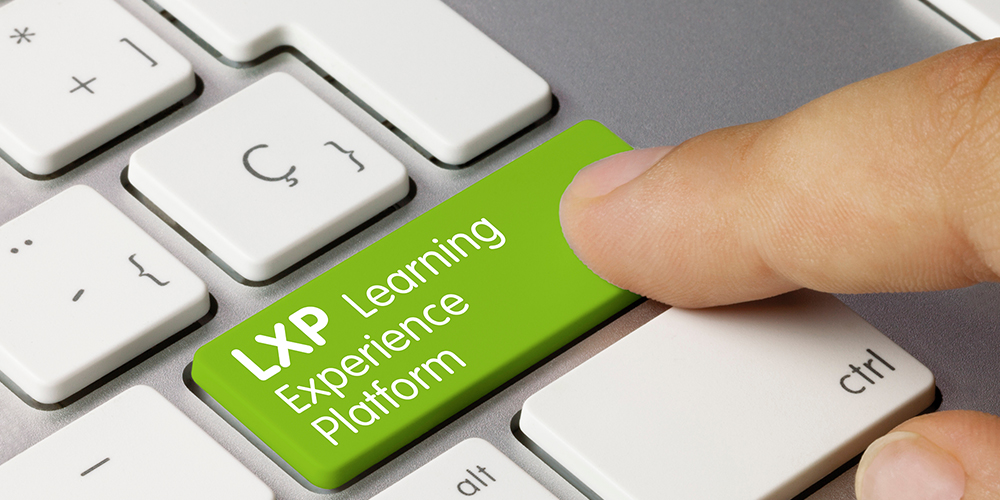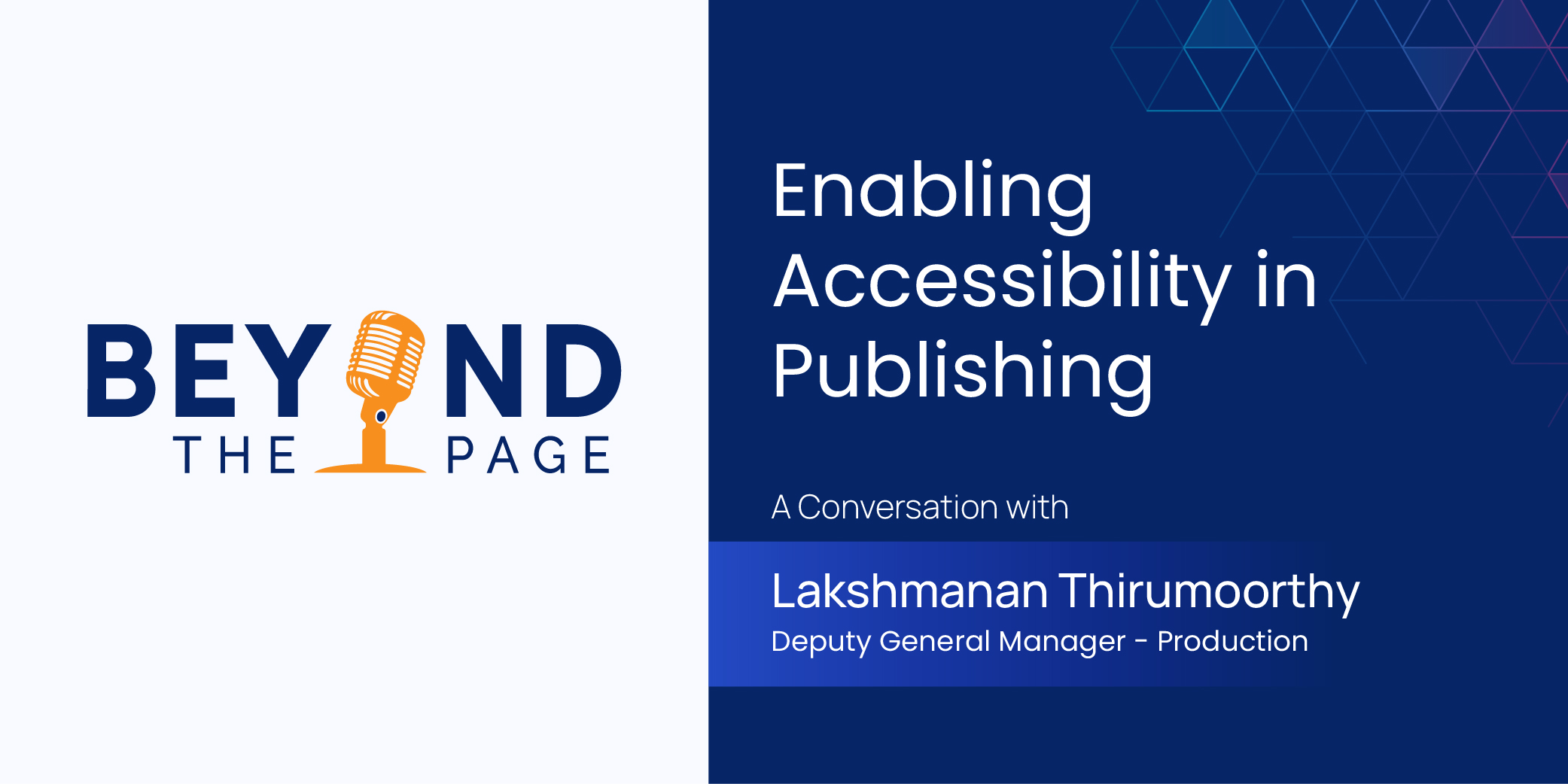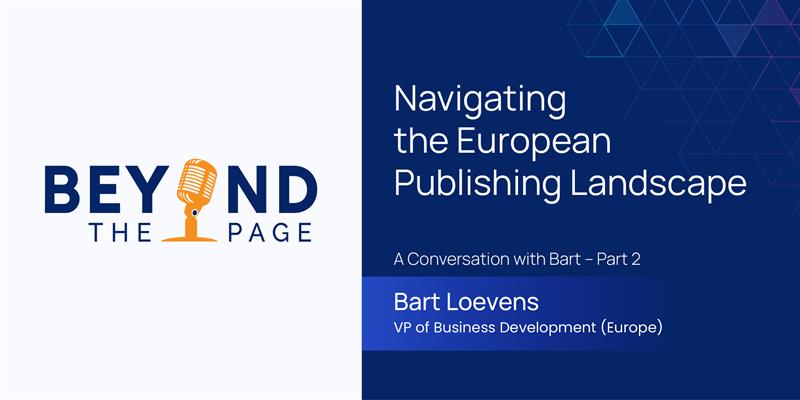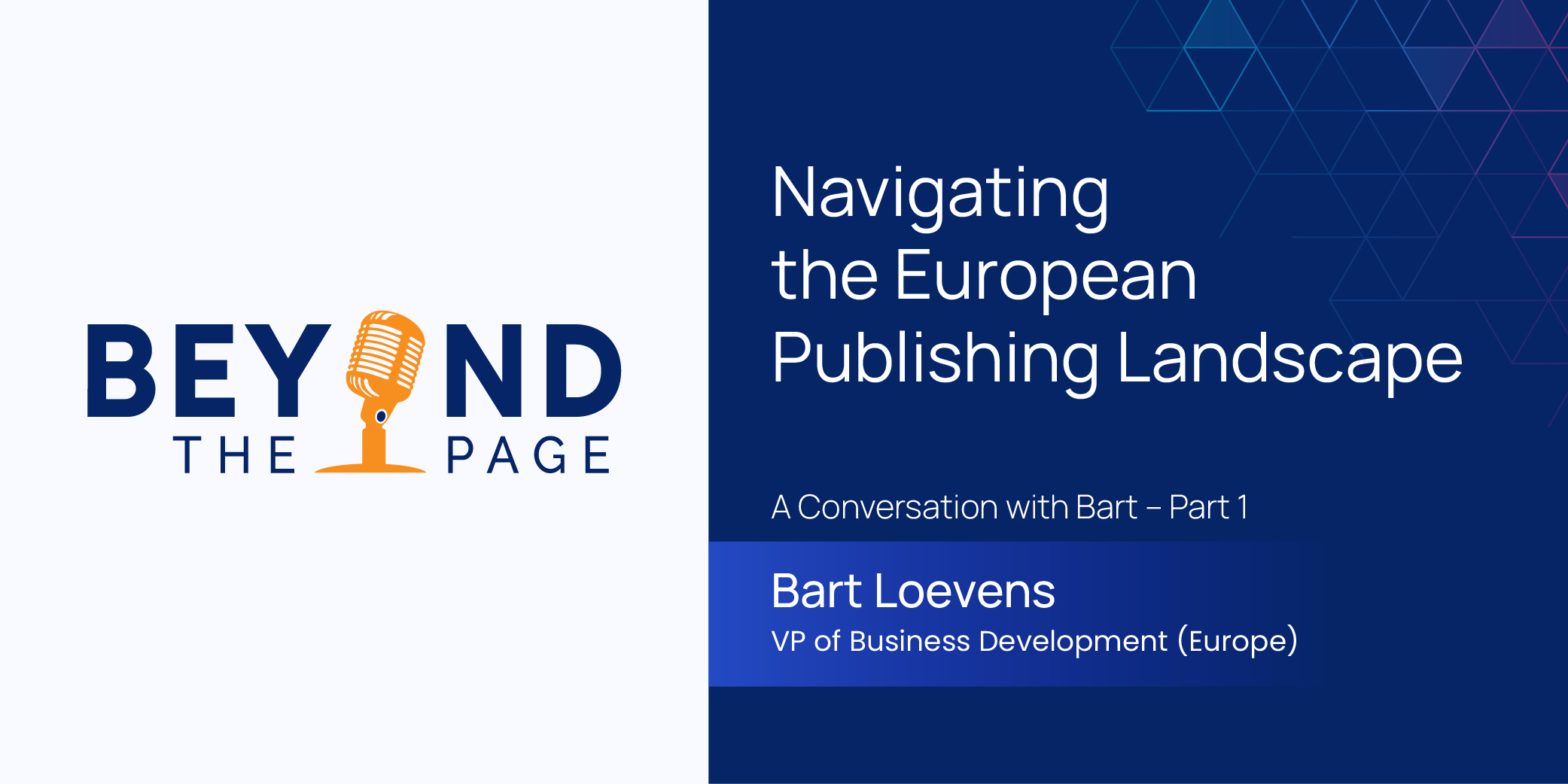
The landscape of corporate training is undergoing a seismic shift. Gone are the days of generic eLearning modules and instructor-led classroom sessions that leave employees disengaged and yearning for a more relevant learning experience. Today’s well-informed workforce demands personalized learning journeys that cater to their specific needs and career aspirations. This is where Custom Learning Experience Platforms (LXPs) enter the scene, offering a powerful solution to address this evolving landscape.
Understanding Custom LXPs:
LXPs move beyond the limitations of traditional Learning Management Systems (LMS) by focusing on the learner experience. They create a dynamic learning environment that fosters engagement and knowledge retention. Here’s what sets them apart:
- Personalized Learning Paths: Custom LXPs leverage learner data and AI to curate content relevant to individual roles, skill gaps, and learning goals. This ensures employees aren’t bombarded with irrelevant information and can focus on areas that will have the most significant impact on their performance.
- Microlearning Modules: Gone are the days of lengthy training sessions. Custom LXPs break down content into bite-sized, easily digestible modules that can be accessed on-demand, allowing for flexible learning that fits seamlessly into busy work schedules. A recent study by the Association for Talent Development (ATD) found that microlearning improves knowledge retention by up to 25% compared to traditional learning methods.
- Content Diversity: Custom LXPs aren’t restricted to text-heavy eLearning modules. They embrace a variety of content formats to cater to different learning styles, including interactive simulations, gamified experiences, video tutorials, and social learning opportunities like collaborative forums and peer-to-peer knowledge sharing.
Why Invest in a Custom LXP?
While off-the-shelf LXPs might offer a basic set of functionalities, a custom solution unlocks a treasure trove of benefits:
- Alignment with Strategic Goals: The LXP can be meticulously tailored to address your specific company culture, processes, and training objectives. This ensures that employees are not just acquiring knowledge, but developing skills directly applicable to their roles and contributing to the organization’s overall success.
- Enhanced Employee Engagement: Personalized learning experiences keep employees motivated and foster a culture of continuous learning. A report by McKinsey & Company highlights that personalized learning can increase learner engagement by up to 50% [source: McKinsey & Company: Unlocking Potential: How Personalized Learning Can Transform Education].
- Measurable ROI: Custom LXPs provide robust analytics and reporting tools that allow you to track employee learning progress, identify skill gaps, and measure the tangible impact of training programs on performance metrics like productivity and customer satisfaction.
Key Features for a Winning Custom LXP:
Developing a custom LXP requires careful consideration of features that cater to both learner needs and organizational objectives. Here are some key aspects to prioritize:
- Advanced Personalization: Look for features like adaptive learning paths powered by AI, intelligent recommendation engines that suggest relevant content based on user activity, and the ability for users to curate their own learning journeys.
- Content Management System: Ensure seamless integration with your existing learning content library, or consider a user-friendly content creation system that allows internal subject matter experts to easily develop and upload new training materials.
- Intuitive User Experience (UX): A user-friendly interface with gamification elements like badges, leaderboards, and points can significantly boost engagement and make learning a more enjoyable experience.
- Advanced Analytics and Reporting: Robust reporting tools are essential to track learner progress, identify areas for improvement within the LXP itself, and measure the overall effectiveness of your training programs. Look for features that provide insightful data visualizations and allow you to drill down into specific learning activities and user demographics.
Designing a Custom LXP for Success:
Developing a custom LXP is an investment that requires careful planning and collaboration. Here’s a breakdown of the crucial steps involved:
- Needs Assessment: Conduct a thorough analysis of your workforce’s skill gaps and desired learning outcomes. This will help define the specific learning objectives that the LXP needs to address.
- User-Centric Design: Involve stakeholders and potential learners throughout the design process. This ensures the LXP caters to their needs and preferences, leading to a higher adoption rate.
- Integration with Existing Systems: Plan for seamless integration with your LMS, Human Resource Information System (HRIS), and any other relevant software to streamline user management, content delivery, and data analysis.
The Future of Learning is Personalized:
Custom LXPs represent the vanguard of corporate training. By providing a personalized, data-driven, and engaging learning experience, you can empower your workforce to develop the skills and knowledge they need to excel in their roles. This translates to a more productive, innovative, and future-proof organization.
Ready to Embrace the Future?
If you’re looking to unlock the full potential of your workforce and gain a competitive edge in today’s dynamic market, exploring the possibilities of a custom LXP is a strategic move. Get in touch with our team to create a learning platform that fosters continuous learning, drives employee engagement, and propels your organization towards long-term success.
News & Insights

Enabling Accessibility in Scholarly Publishing – A Conversation with Lakshmanan Thirumoorthy

Navigating the European Publishing Landscape – A Conversation with Bart – Part 2

